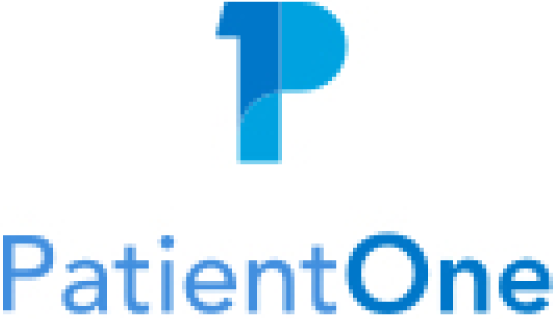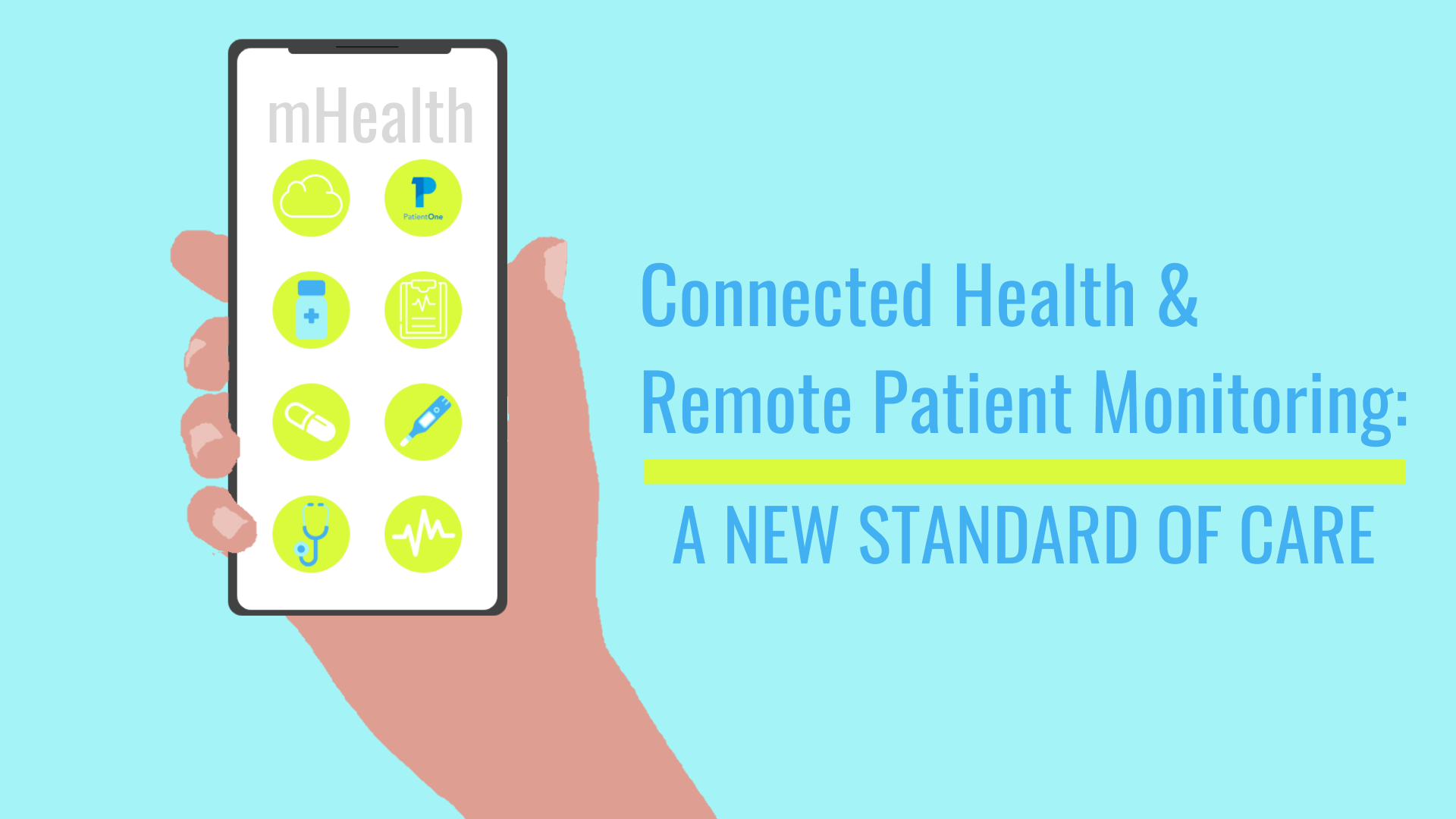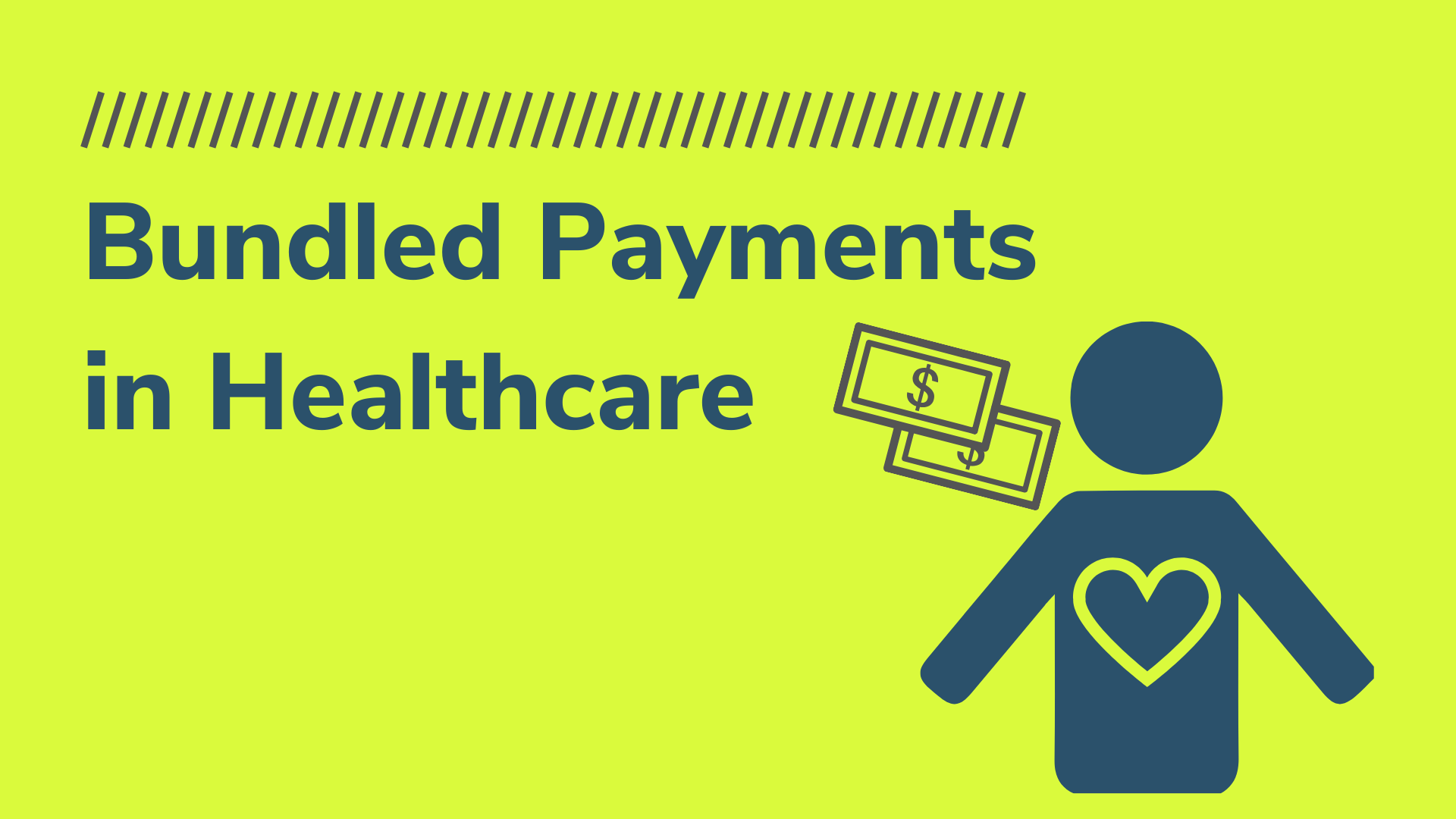Blog
Our latest news and thoughts
- All Posts
-
- Healthcare
- Remote Patient Monitoring
- Connected Care
- Patient Satisfaction
- Digital Innovation
- Standard of Care
- CMS
- Connected Health Devices
- Medicare
- Reducing Expenses
- Connected Health
- Patient Provider Relationship
- Bundled Payments
- Bundled Payments for Care Improvement
- Clinical Empathy
- Coronavirus
- Entrepreneurship
- Optimize Costs
- Physician Burnout
- Revenue
Clinical Empathy and the Patient Provider Relationship
Topics: Healthcare, Standard of Care, Connected Care, Digital Innovation, Patient Provider Relationship, Physician Burnout, Clinical Empathy
November 27, 2019
by Dozie Ezerioha, MD
As digital tools are increasingly implemented in our medical practices, there are many aspects of digital health that can improve the lives of patients and providers alike. In this article, we'll focus on the way digital health facilitates clinical empathy.
.png?width=600&name=mHealth%20(1).png) BARRIERS TO CLINICAL EMPATHY
BARRIERS TO CLINICAL EMPATHY
Physicians face a serious dilemma when it comes to empathy. On one hand, they have to keep a certain distance from their patients to ensure that clinical objectivity remains intact. On the other hand, a good bedside manner mandates a low threshold for understanding a patient’s plight. “Detached empathy” seems to evade the very purpose of emotional connection.
The prevalence of physician burnout further complicates the doctor’s ability to provide empathic care. A study conducted by Medscape shows that over 40% of American physicians suffer from symptoms of burnout. Characterized by feelings of physical and emotional exhaustion, depersonalization, and a reduction in self-worth, it’s unsurprising that our burnt-out physicians are not always able to meet us with the understanding that we need.
IMPORTANCE OF CLINICAL EMPATHY
Patients expect (and deserve) empathy from all of their care providers. At the end of the day, they are people, not just bodies to be treated. When used in conjunction with objective reasoning, empathy improves care quality and solidifies trust in the patient-provider relationship. Detachment from patients can make them feel unheard and dismissed on a human level. Research also shows that clinical empathy “is beneficial to the patient (e.g. compliance, positive clinical outcomes, and fewer complications) and also serves as a buffer against professional stress and burnout.”
Although we expect physicians to perform like a well-oiled machine, they also deserve (and need) to enjoy appropriate rapport with their patients. In her article, Dr. Jodi Halpern describes that “during moments of empathic connection, the real meaning of medical practice is suddenly illuminated… Physicians who allow their patients to move them enrich their own experience of doctoring”. By offering compassion, they receive it in return, often in the form of patient gratitude.
DIGITAL CLINICAL EMPATHY
Though “digital empathy” might sound like an oxymoron, I guarantee that it’s not. Digital tools have paved the way for Connected Health and offer patients the ability to interact far more with their clinicians. Many remote monitoring solutions also drastically reduce providers’ workloads, allow proactive risk management, and promote patient interaction.
Solutions like PatientOne actually strengthen the patient-provider relationship. Automated daily check-ins ask relevant questions at relevant times. Taking the initiative to check on patients even when they’re at home relieves anxieties and improves trust. Without barriers to care like distance and clogged phone lines, patients are able to contact their clinicians at anytime - and they’re encouraged to do so. This is important. PatientOne turns the classic, detached patient-provider relationship into a reciprocal one.
Empathy is essential for high-quality care. Health IT helps reduce symptoms of physician burnout so that providers can spend more time caring for their patients -- not just treating them. Increased patient interactions (even though remote) help establish rapport, provide better insights into patient conditions, and greatly improve patient satisfaction. Your patients deserve to know that they are not alone. This holiday season, consider giving the gift of Connected Health. You’ll be thankful you did.
%20(1).png?width=128&name=Carrie%20Nixon%20round%20(2)%20(1).png) Dr. Dozie Ezerioha is the Chief Medical Informatics Officer at PatientOne. For almost a decade, he’s tackled healthcare’s most pressing real-world challenges by finding ways to fix the system to deliver better outcomes. Dozie’s background in life sciences, engineering and medicine, and his passion for optimizing the patient healthcare experience, drives his patient-centric approach to building innovative health technology.
Dr. Dozie Ezerioha is the Chief Medical Informatics Officer at PatientOne. For almost a decade, he’s tackled healthcare’s most pressing real-world challenges by finding ways to fix the system to deliver better outcomes. Dozie’s background in life sciences, engineering and medicine, and his passion for optimizing the patient healthcare experience, drives his patient-centric approach to building innovative health technology.




